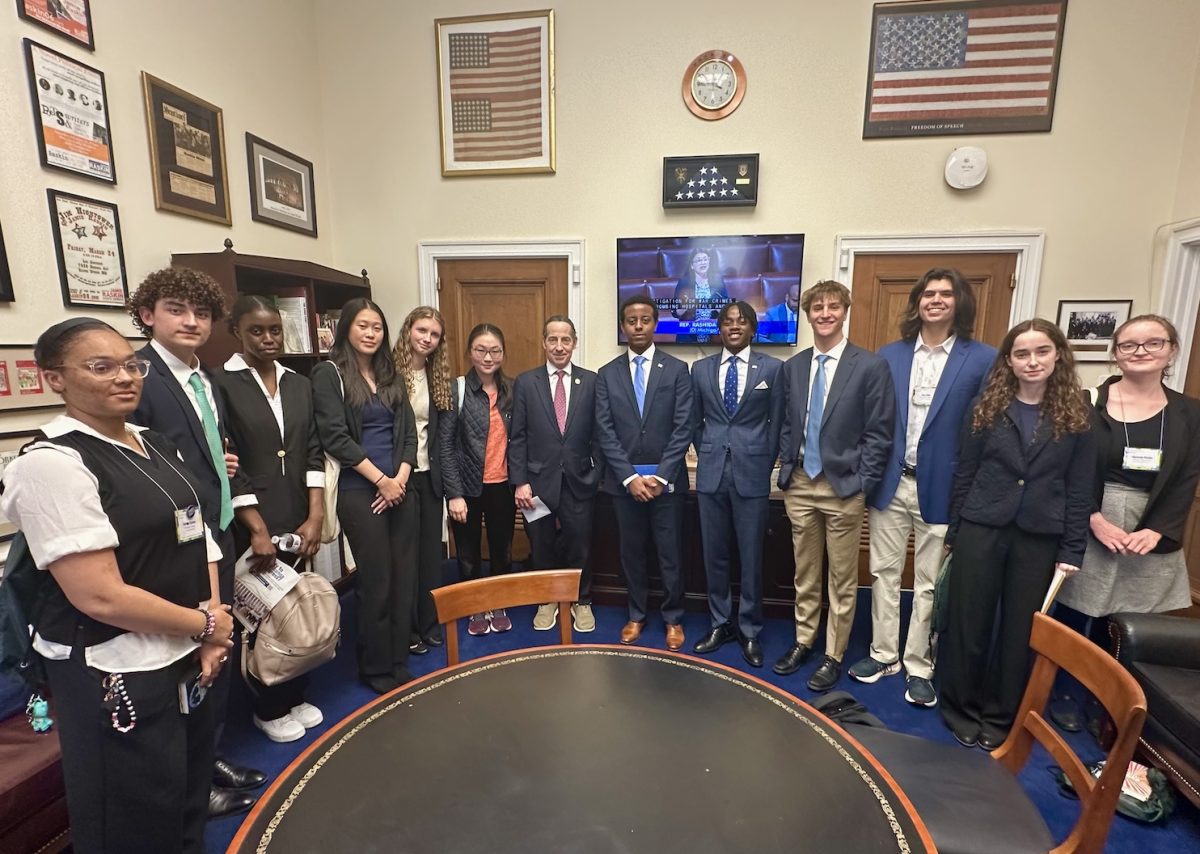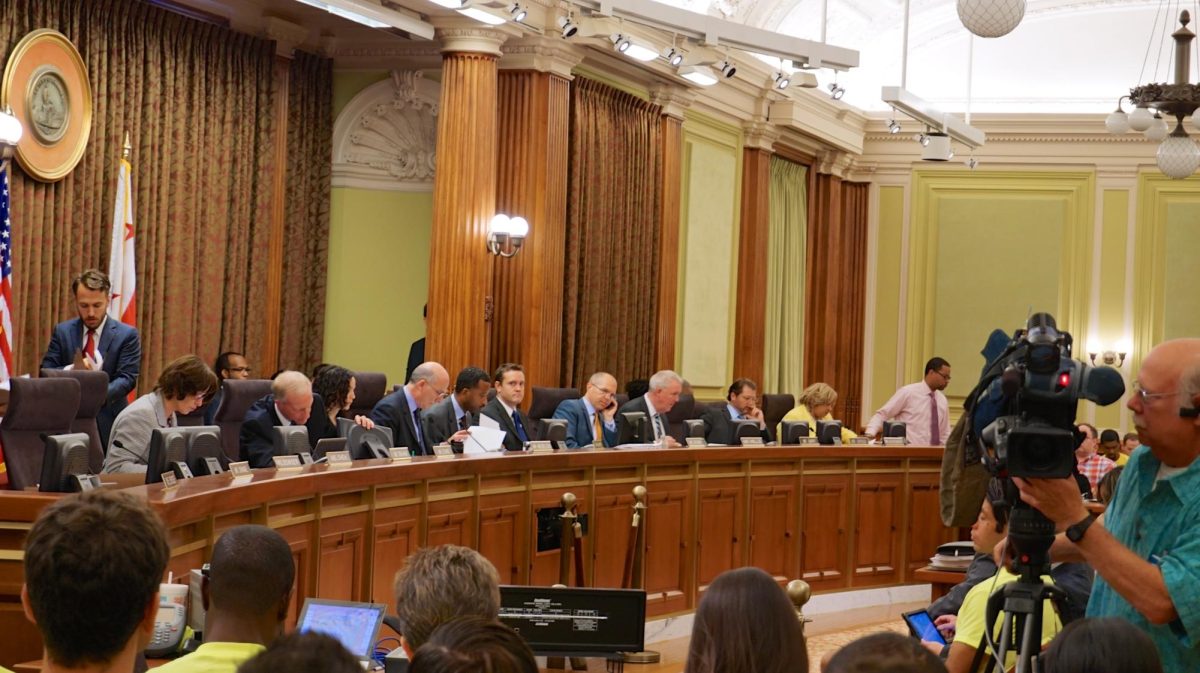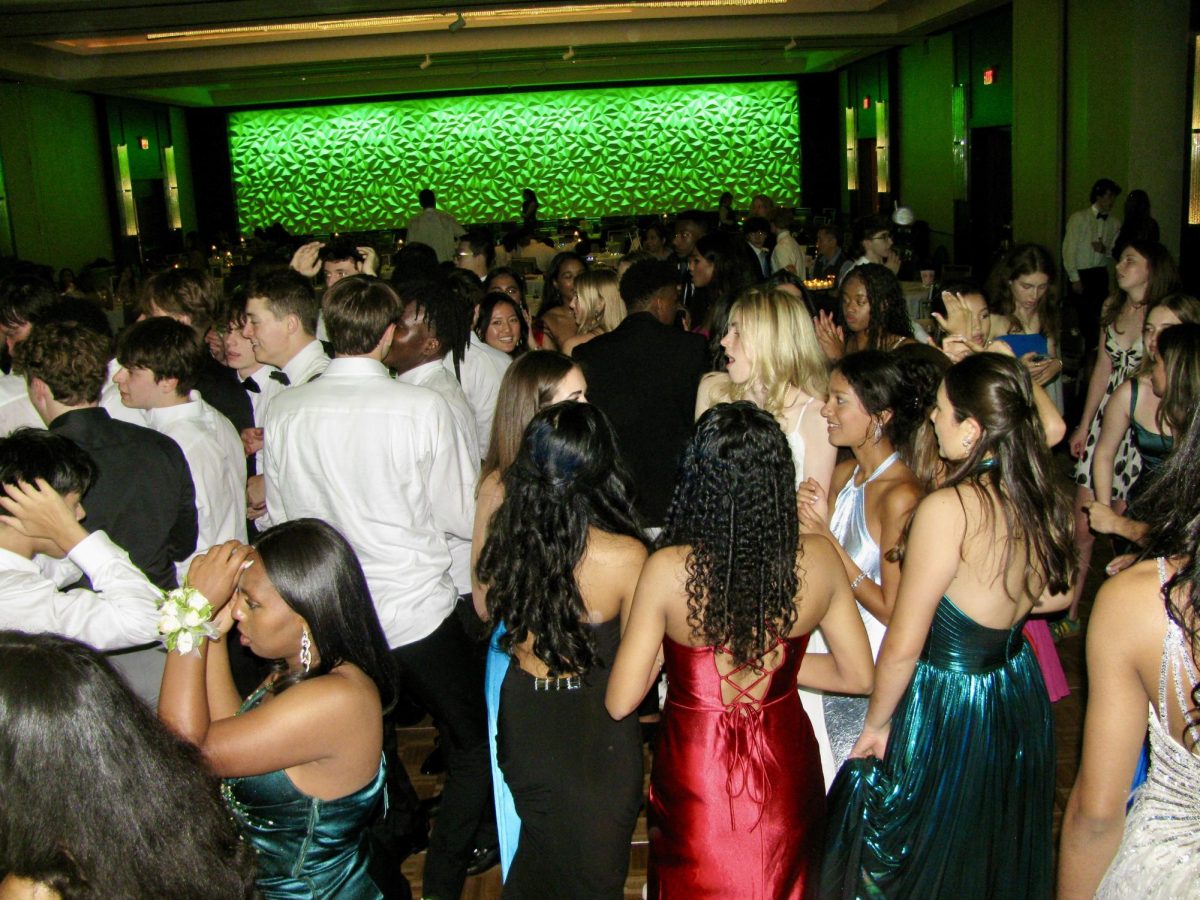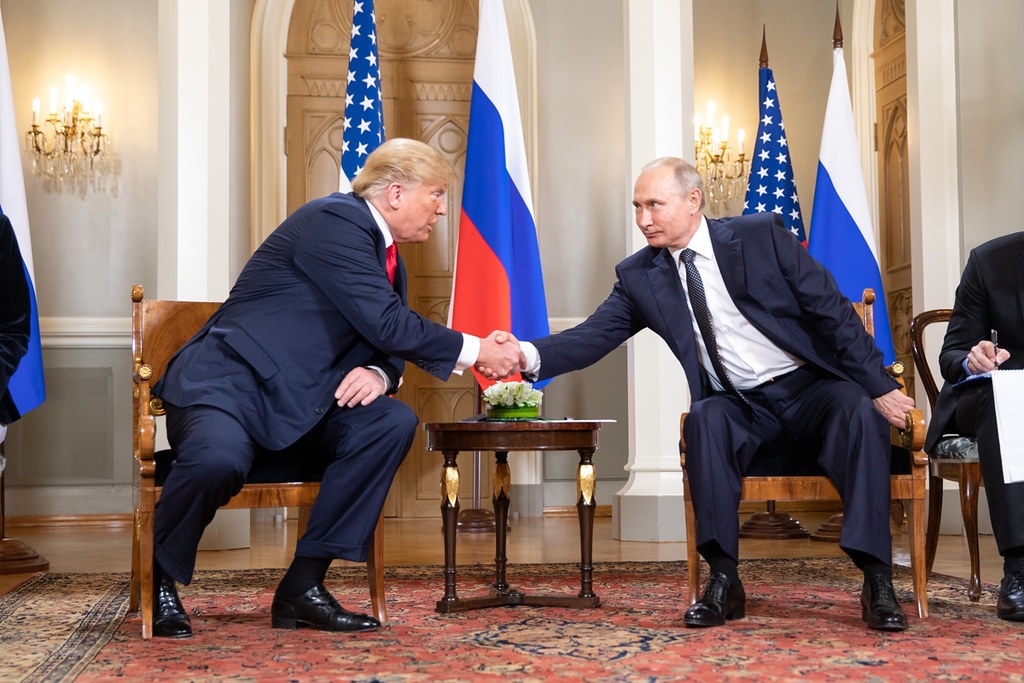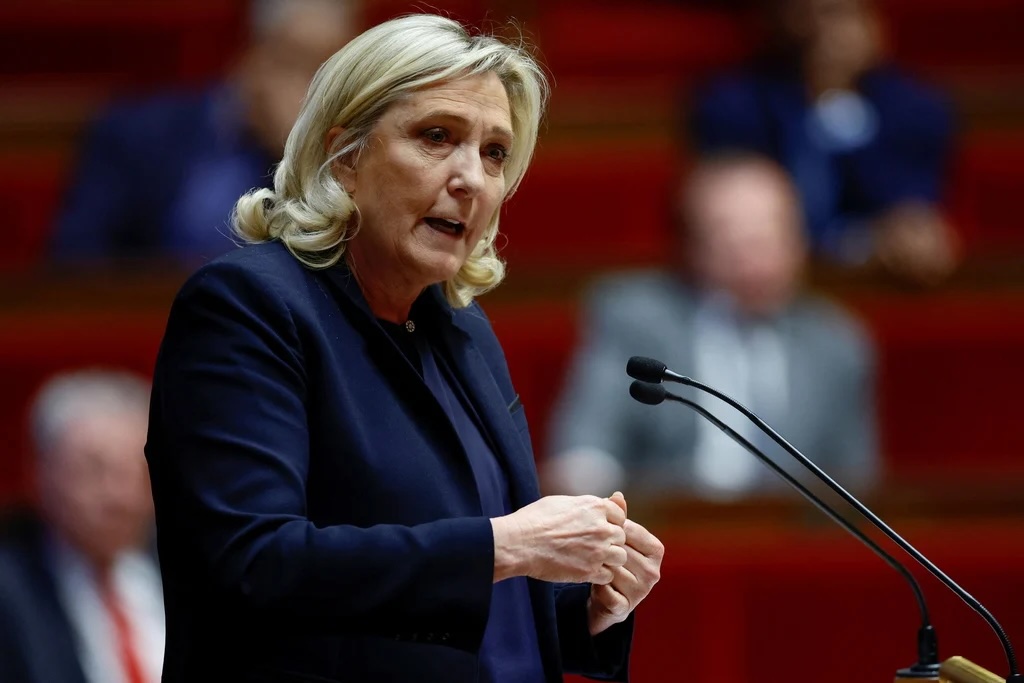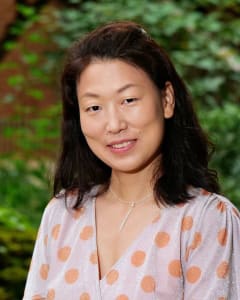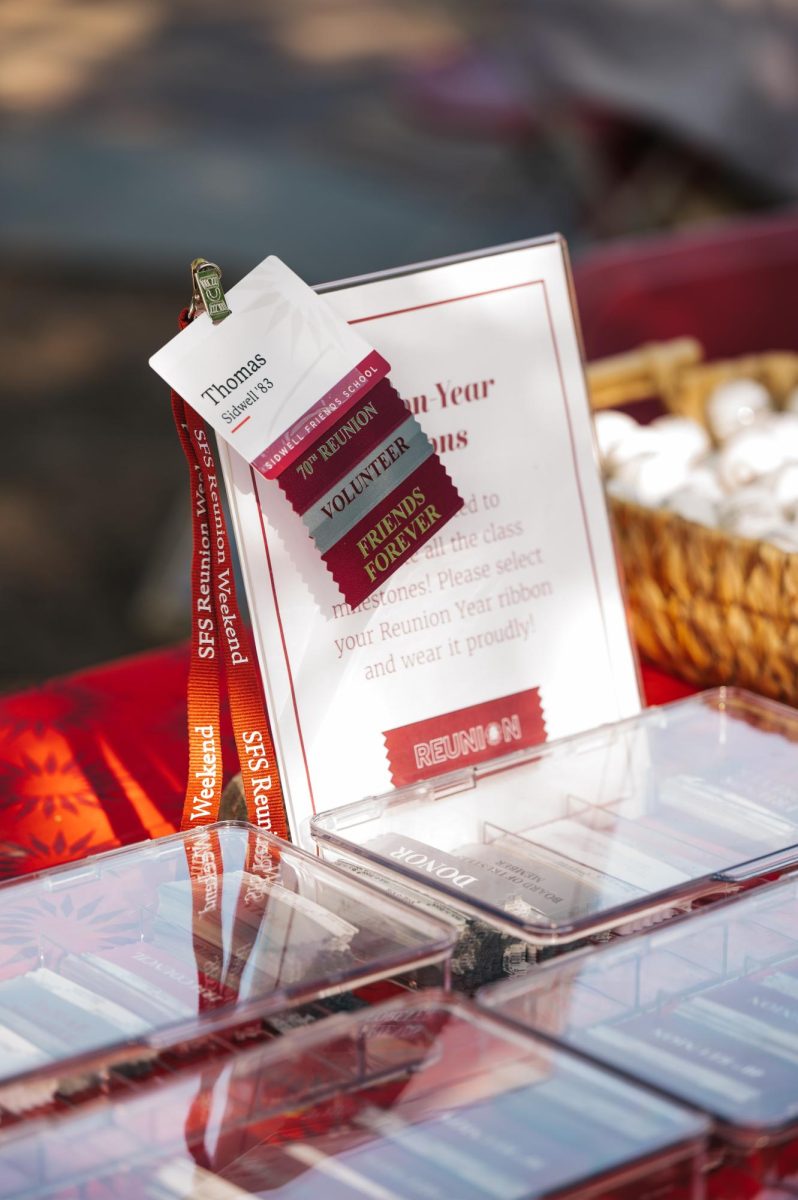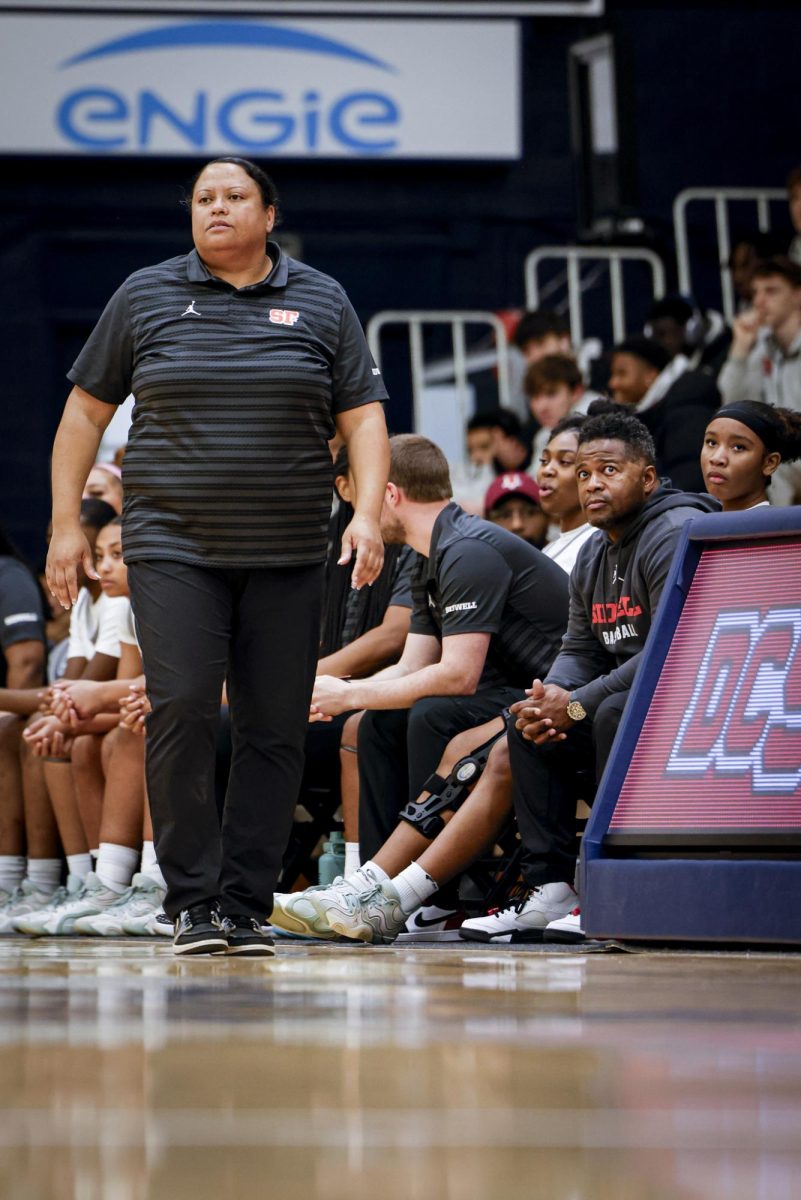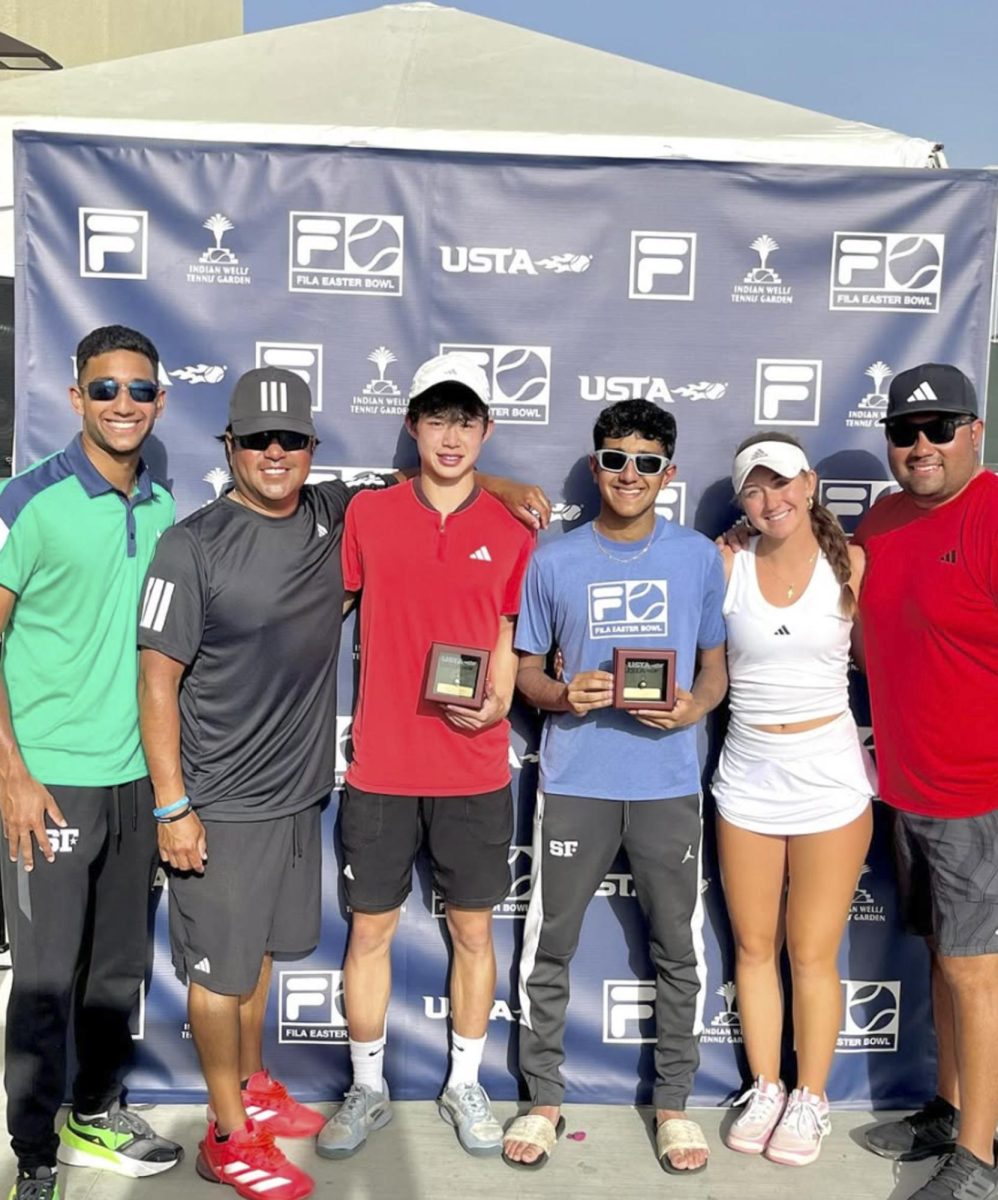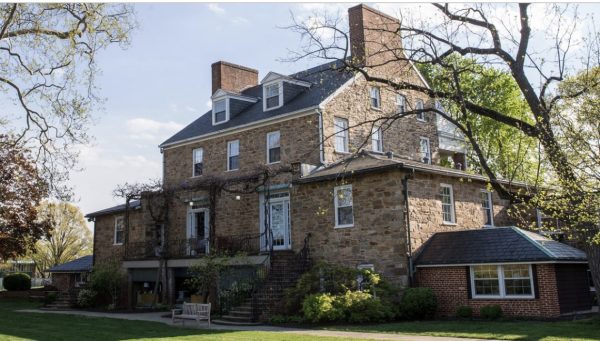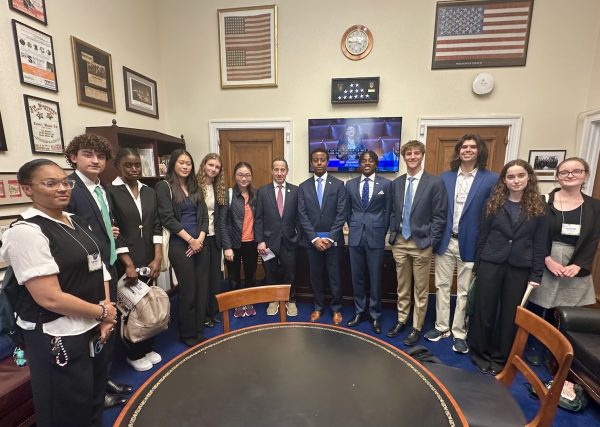Jessica Chen Weiss Speaks at Annual Zeidman Memorial Lecture
On March 2, Sidwell held its 40th annual John Fisher Zeidman ’79 Memorial Lecture in the Robert L. Smith Meeting Room.
Each year’s guest speaker is a distinguished expert in the Chinese studies field, such as historian and former Harvard University Professor John King Fairbanks, who was the speaker for the first lecture in 1983; Yang Jiechi, a former Chinese ambassador to the United States who spoke in 2003; and Madeleine Albright, the first female Secretary of State, who spoke in 2014.
This year’s speaker was Jessica Chen Weiss, the Michael J. Zak Professor for China and Asia-Pacific Studies in the Cornell University Department of Government. Unlike many other China experts, she believes that the United States should not treat China like a hostile enemy, a view she asserted in her lecture.
Furthermore, Weiss said that instead of domination in the global economic market, “China wants sovereignty, security and development.”
Nonetheless, competition between the superpowers is feasible, as long as it does not deteriorate the relationship between China and the United States.
A world China desires is “a world safe for autocracy,” Weiss said. But the same world “can also be a world safe for democracy,” she added.
At the end of the day, the United States and China must share common economic goals and view each other as partners, not rivals, according to Weiss.
Lucia Pierce, the first head of Sidwell’s China Studies Program, said that “Weiss gave a nuanced, thoughtful and well-researched look at a good path going forward in [the U.S.’s]relations with China.”
The Zeidman Lecture includes an outreach program in addition to the Speakers program. Preceding the lecture was a banquet held in the Richard W. Goldman Memorial Library that allowed attendees to socialize and network.
Following the lecture was a question-and-answer period. This year, the audience asked Weiss about China’s human rights violations and stance on Taiwan, with Weiss recommending avoiding war and promoting peace and cooperation.
The question-and-answer period can be a useful time to utilize the speaker’s expertise. Pierce said that in her past experiences, there were “amazing questions from the well-read audience during the lectures.”
Betsy Zeidman, John Zeidman’s sister, appreciates the Zeidman Lecture.
“It makes me feel good that a school that I cared about a lot keeps a little bit of what my brother cared about,” Betsy Zeidman said.
The Zeidman Lecture originated when John Zeidman’s family planned to visit him in China after he contracted viral encephalitis. On the plane ride there, Philip Zeidman, John Zeidman’s father, and his wife began to talk about their son’s legacy and discussed creating a program in his honor. The program would be affiliated with Sidwell since John and his friends had attended the school.
“[Later], as we stayed in China, it was clear to us that John’s China experience was very meaningful,” Philip Zeidman said
“[After] my brother died, my parents and friends of theirs decided to talk to Sidwell to start a program in honor of my brother because he loved China,” Betsy Zeidman continued.
Philip knew that to ensure the success of the Zeidman China Program, the “most important thing is an endowment [as] an endowment means there is money just for this program… and always money for the program.”
Initially, the Zeidman China Program only consisted of the Memorial Lecture. Then, Philip Zeidman and other members began to expand the program and looked to add new leadership. Jonathan Spence, a distinguished professor of Chinese history at Yale University, recommended Lucia Pierce as the first head of the Zeidman China Program.
Pierce spearheaded the program by selecting the speakers, adding the Chinese language and East Asian history classes into the curriculum and giving students the opportunity to travel to China.
The “most important [part of the Zeidman China Program] is what it offers to the students,” Philip Zeidman said. “There are very few places that you can get such an in-depth understanding of another culture as Sidwell has with China,” he added.
Philip Zeidman is particularly pleased that support for the program — especially from the Chinese American community in Washington — has skyrocketed. “The program is going stronger now than ever,” he said.








